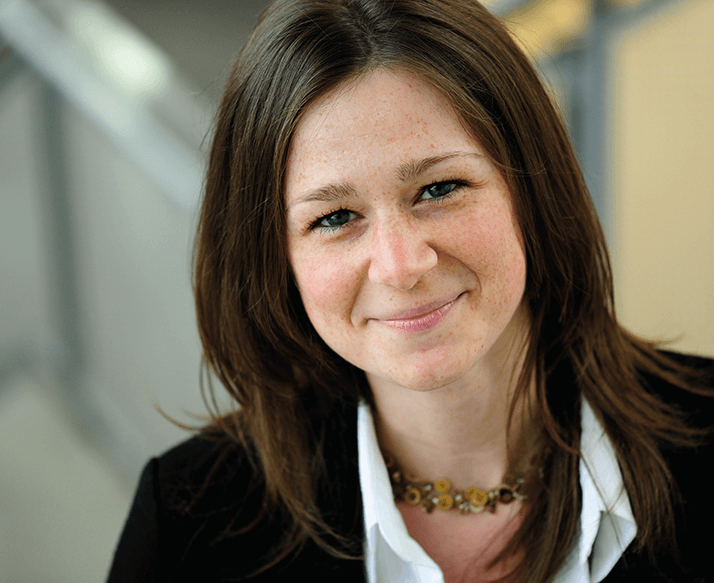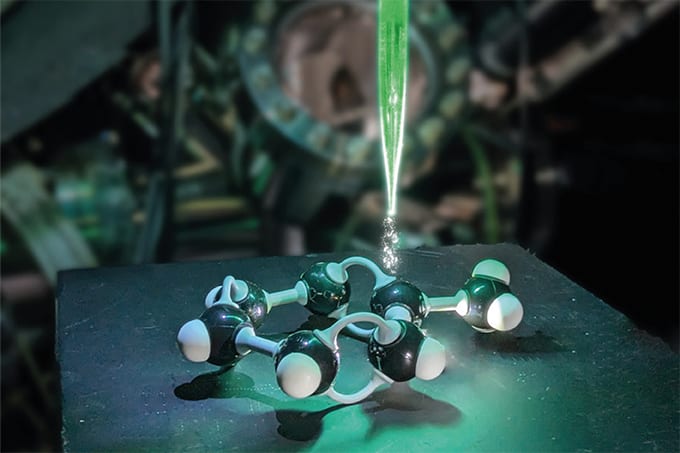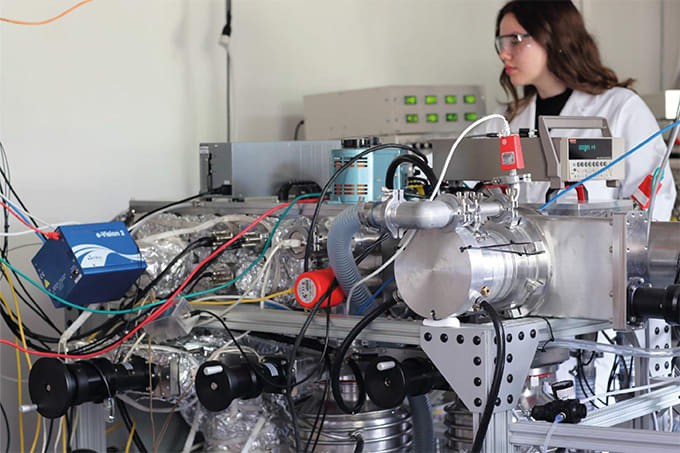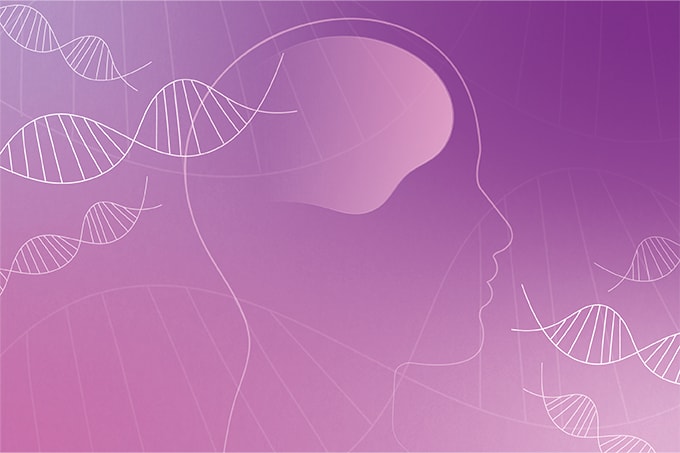Sitting Down With… Deirdre Cabooter, Assistant Professor, Faculty of Pharmaceutical Sciences, KU Leuven, Belgium, and HTC-14 committee member.


Busy with HTC-14? Absolutely. I’m on both the organizing and scientific committees and I am the chairperson of the poster jury so also responsible for organizing the best poster awards. We have a young team and we’re all eager to invest time and effort into making the conference a dynamic experience that will surprise the audience with new ideas. We’re all extremely determined to create a pleasant and stimulating atmosphere.
Any surprises you can divulge? Battle of the Gurus! Pat Sandra, Jim Jorgenson and Alexander Makarov will debate the future of chromatography in a lively interactive session. And we have a new approach to the poster session; it will take place during a Belgian beer tasting session so that we can mix socializing with scientific discussion... Given the youth of the team, are younger scientists well catered for? Though we’ve got some very established speakers for the plenary and keynote lectures, one of the three conference streams is actually dedicated to young, emerging scientists – the “YES” stream – so yes! We’ve spread the YES message far and wide, which has stimulated a great response from scientists aged 25 to 30 years. There’ll also be a strong focus on interaction between academia and industry. We have dedicated sessions on separation sciences in industry and we’ve invited suppliers to pitch their up and coming solutions.
How did you get into analytical chemistry? I trained as a bioengineer at Brussels University followed by a PhD in chemical engineering under the supervision of Gert Desmet. Then I did a post-doc, spending a year with Gert and a year at Stellenbosch University with André de Villiers. Right now, I am working as an assistant professor at the Department of Pharmaceutical and Pharmacological Science at KU Leuven. Have you drifted away from fundamental research? Opportunities in fundamental research are getting scarcer (though a few very strong groups remain, such as those of Gert Desmet, Fabrice Gritti and Ulrich Tallarek, to name just a few). In fact, my own interest in fundamental research is a direct result of working with Gert Desmet, undoubtedly one of the leaders in fundamental chromatography. But now that I’ve joined the pharmaceutical department, I’ve found myself in a completely new environment. The problems we face are different – it’s much more applied. We are very busy with method development and validation for pharmaceuticals, as well as bioanalytical samples and even environmental analysis. Our work requires different collaborations, so my focus is shifting and broadening. That said, I still firmly believe in the importance of the link between fundamental and applied chromatography. All analytical scientists must have a solid understanding of chromatographic theory. Whatever the application area, understanding why you are using a certain technique, why you need to use a certain column, or why it’s important to invest in UHPLC is essential for success. And explaining fundamentals so that they can be understood by the people who need to use chromatography is as important as ever. What are the best aspects of your role? I love the variety – whether it’s experimental, teaching or writing. And I’m pretty free to spend my time however I want, on whatever I want – freedom is very important to me. I also like to work together with my students to seek new solutions and overcome obstacles by talking to people, reading and experimenting until we finally discover the best option. It’s very rewarding. And there is still a lot going on in chromatography – it’s evolving to meet the demands in complex samples, biomarker research and drug design. We’re no longer focusing on single separations and techniques, but looking at new combinations for specific applications. At the same time, we’re advancing fundamentals, for example, new column packing structures and packing arrangements. I hope to be able to contribute to these endeavors by establishing and maintaining my own research group of motivated and happy people who are eager to work together to achieve great things. You come across as a real team player... I’ve always enjoyed working with likeminded people who are as passionate and driven as me as we go at full throttle towards a common goal. That’s really the most gratifying best experience to have. I spent a lot of time in Pat Sandra’s lab on a collaborative project, and it was fascinating. The Pfizer Analytical Research Center was based there along with several excellent scientists who were all passionate about their work – and very open about sharing their knowledge. Gert always stressed the importance of collaboration and openness to me. It’s better to do some things together; you get to learn new perspectives. There’s a well-known saying: “If you want to go fast, go alone. If you want to go far, go together.” There’s a lot of truth in that.




